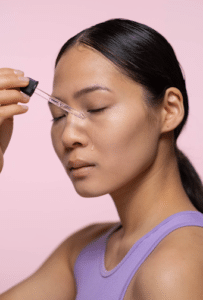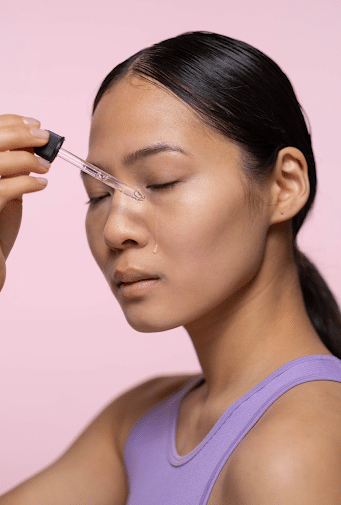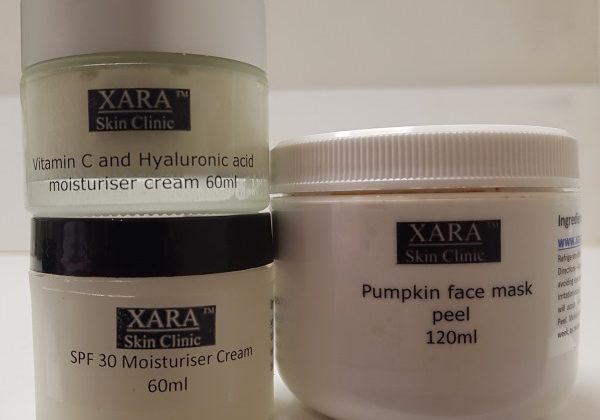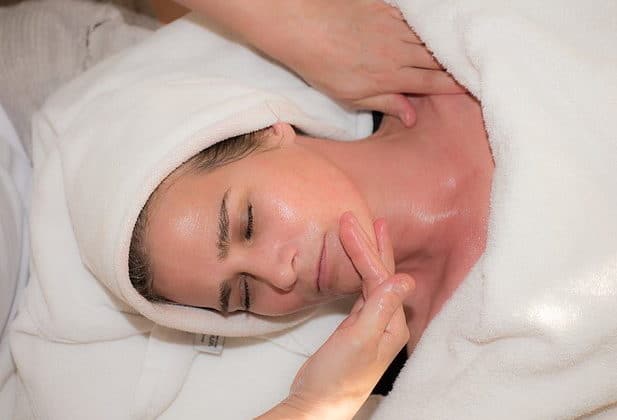We can help you to a younger looking skin ring us now
Dermatologists Weigh In: Comparing Hyaluronic Acid VS Glycerin
Hyaluronic or Glycerin: What’s the Difference?
Skincare routines vary depending on a person’s skin type. A skincare regimen for normal skin may not yield the same results for oily or sensitive skin. In that sense, it is always helpful to do a little research about the different face products available and gain more information about their ingredients.
An excellent example of this is HA and glycerin. Often, these two facial treatments are compared and sometimes even interchanged by customers. The question is this: How similar are the two products? Is one better than the other? What are some factors that help determine whether HA or Glycerin suits one’s skin type better?
Dermatologically Speaking…
HA and Glycerin are both humectants. Humectants are moisturizing agents typically included in lotions and even in hair care products.
The differences between HA and glycerin mainly lie in their composition and how they are derived. Glycerin is derived from either animal fat or vegetable-based sources. It is a clear compound composed of small molecules. It has excellent absorbent properties which makes it a highly recommended moisturizer.
Meanwhile, HA is not derived from any animal or vegetable sources. It is produced naturally in the human body, specifically in the fluids located in the joints, eyes, and even in epithelial and connective tissues. Physiologically, HA aids in lubricating tissues and joints. Part of its benefits also includes moisturising the skin from within.
Now that it’s been established that both compounds make for amazing moisturiser options, it’s time to delve deeper and explore the benefits of each on the skin.
Benefits of Glycerin
Acts as an emollient
Aside from helping to lock in moisture in the skin, Glycerin’s emollient properties make it effective in treating minor irritations and smoothening rough patches on the skin. That means it is safe to use for people with psoriasis or eczema.
Strengthens skin’s natural protection
People with sensitive skin or adverse reactions to skincare products with stronger ingredients will benefit from using glycerin. Glycerin’s skin hydrating effect creates a stronger barrier against harsh ingredients found in some beauty or skincare products.
Reduces swelling and redness and heals wounds
Glycerin also has anti-inflammatory components. That means it can be used to treat inflammation on the skin and help speed up the healing of wounds. Some brands use glycerin to boost the restorative properties of the skin cells, thereby reducing the number of dark spots caused by acne scars.
Hair-friendly effects
The benefits of glycerin are also apparent in the hair and scalp. It reduces itchiness while also gradually getting rid of dandruff. Glycerine also strengthens hair follicles, prevents breakage, and stimulates hair growth. When combined with other essential oils, glycerine may be used to treat split ends.
Benefits of HA
Anti-aging properties
HA enhances the skin’s capacity to stay hydrated. Not only does the skin stay hydrated and supple, but the improved moisture within the skin’s deeper layers effectively holds off the early signs of skin aging. Say goodbye to wrinkles and fine lines!
Neutralizes free radicals
Another skin-friendly treatment caused by HA is its antioxidant components. When the skin is inflamed or injured, antioxidants come to the rescue by stimulating the production of collagen and reinforcing the skin’s self-repairing capabilities. As a result, scars, inflammation, and imperfections become less visible.
Helps unveil healthier, more youthful, and radiant skin
A well-moisturized skin looks plumper, fresher, and more irresistible to the eyes. By including HA in one’s regular skincare routine, the skin’s natural protection and hydration are retained and enhanced at the same period. Rough patches and uneven skin tone become less noticeable while the skin’s elasticity becomes firmer and younger-looking.
Protects against harmful UV rays
Constant sun exposure is one of the common causes of premature skin aging. The lack of protection against harmful UV rays depletes the skin’s moisture and health. With HA, the skin gets strengthened protection against the sun’s light and heat, thereby helping to preserve flawless skin all day long.
What about side effects?
HA and glycerin are both generally safe to use or apply on the skin.
It is advisable to do a patch test for both products before applying them to the face and neck. Doing this determines whether a person is allergic to any or both compounds early on.
Bottom Line: Is one better than the other?
Which of the two yields the better skincare results? Both are equally effective and beneficial in their own way. Hence, the finest way to answer this question is to recommend using HA and glycerin together for the best results!
With their amazing properties combined, expect more potent effects that dramatically improve the skin in s flash! Glycerin will enhance the skin’s absorption while HA locks in hydration. Those who constantly struggle with dry, itchy skin, excessive oil, and skin imperfections will benefit greatly from using glycerin and HA. Similarly, if the goal is to attain more radiant, flawless, and healthy glowing skin, this combo is a must-try!
Other options
- dermatology content dermatologist daily search don't work
- makeup dermatology board makeup dermatology board
We can help you to a better younger look why not ring us now?

We can help you to a better younger look why not ring us now? We are you local experts in all things skin, come an see us in lane Cove.
Service Type: Complimentary consultation
Currency: AUD
Related Posts
 Australian Newsagency Blog
Australian Newsagency Blog
- Forget Labubu, you likely have better opportunities in your shop today July 9, 2025
- What an awful user interface July 8, 2025
- The future of the Australian newsagency relies on newsagents being retailers and not agents July 6, 2025
- A second set of eyes can be revealing for retailers July 5, 2025
- New award rates and superannuation percentage July 1, 2025
 Crikey
Crikey
- Liberal senators falsely claim Australia has never taxed unrealised gains July 9, 2025
- How the media misinterprets Albanese’s China visit as a zero-sum game July 9, 2025
- Victoria’s draconian new anti-protest laws will have a chilling effect on free speech — and won’t keep anyone safe July 9, 2025
- It’s musical chairs behind the government benches: A who’s who guide to those out the door July 9, 2025
- See the leaked teen social media ban tech trial report that has experts worried July 9, 2025




